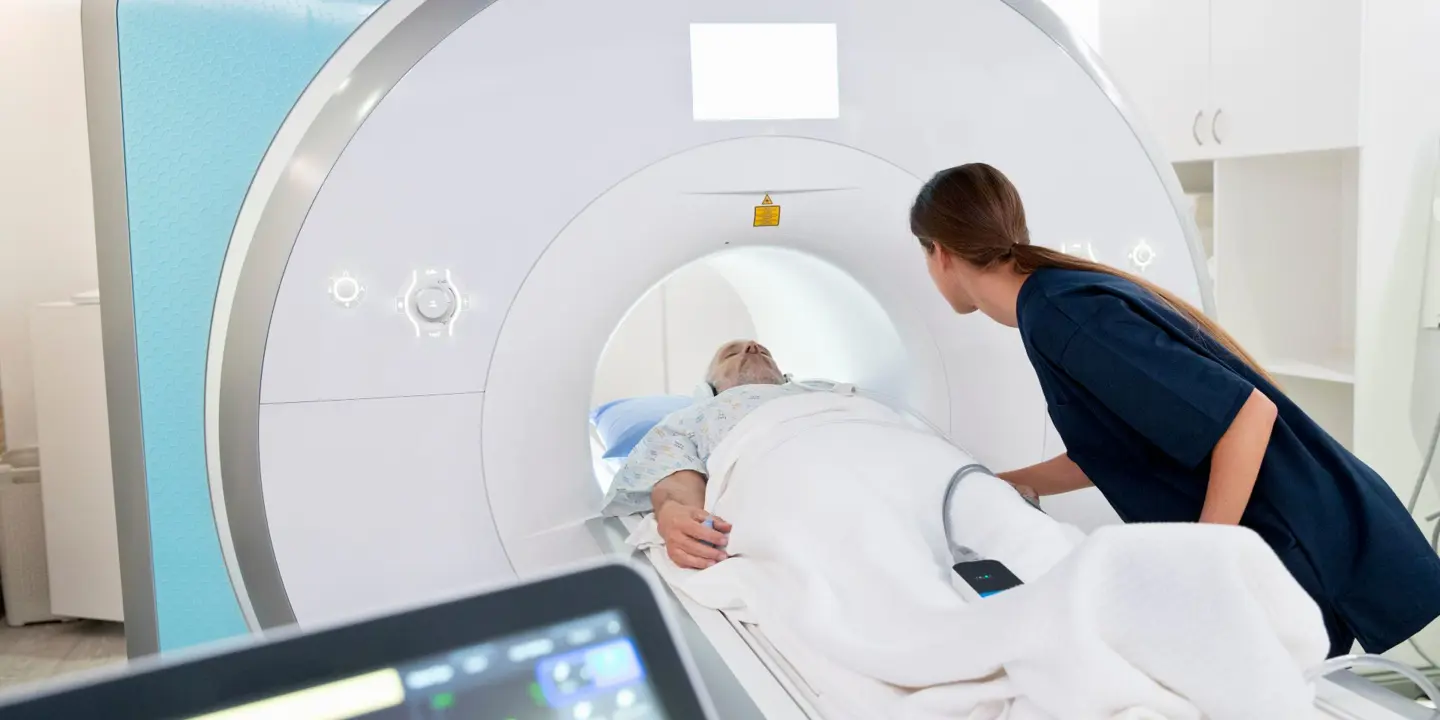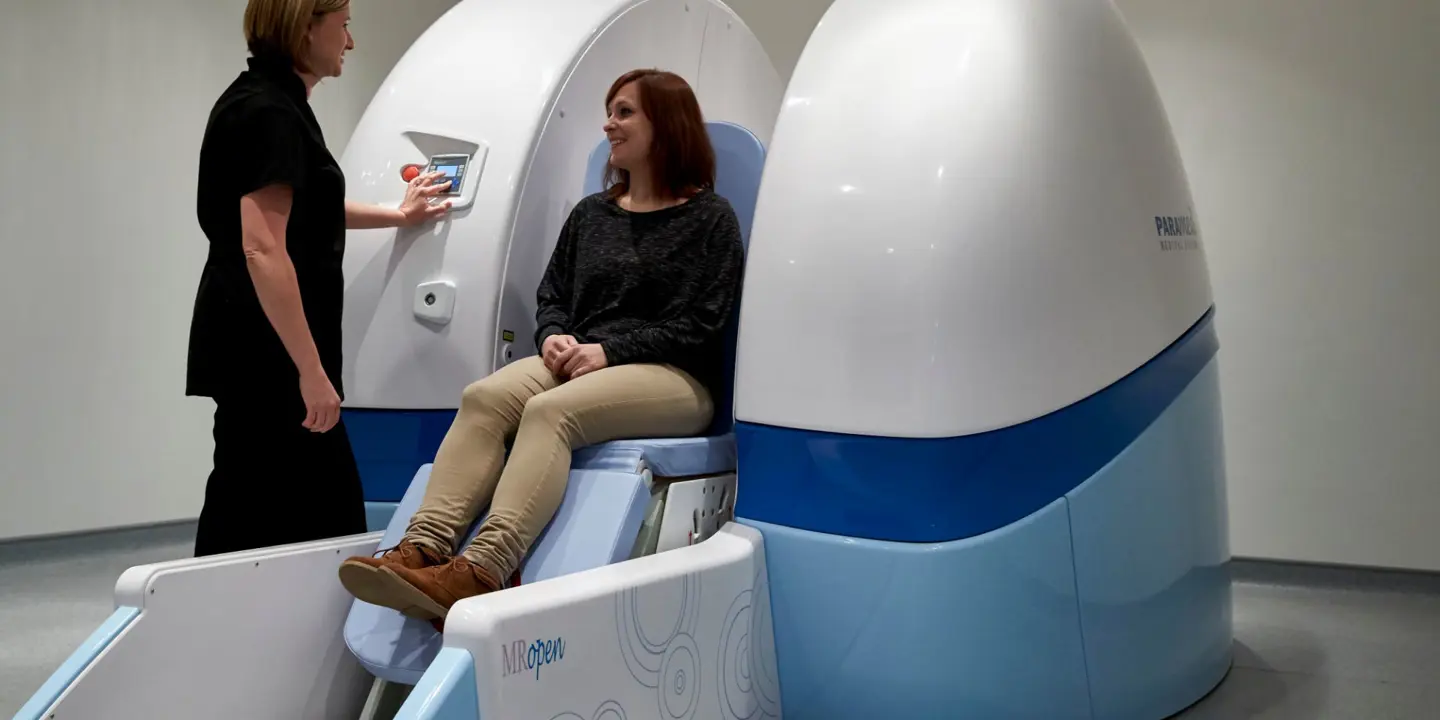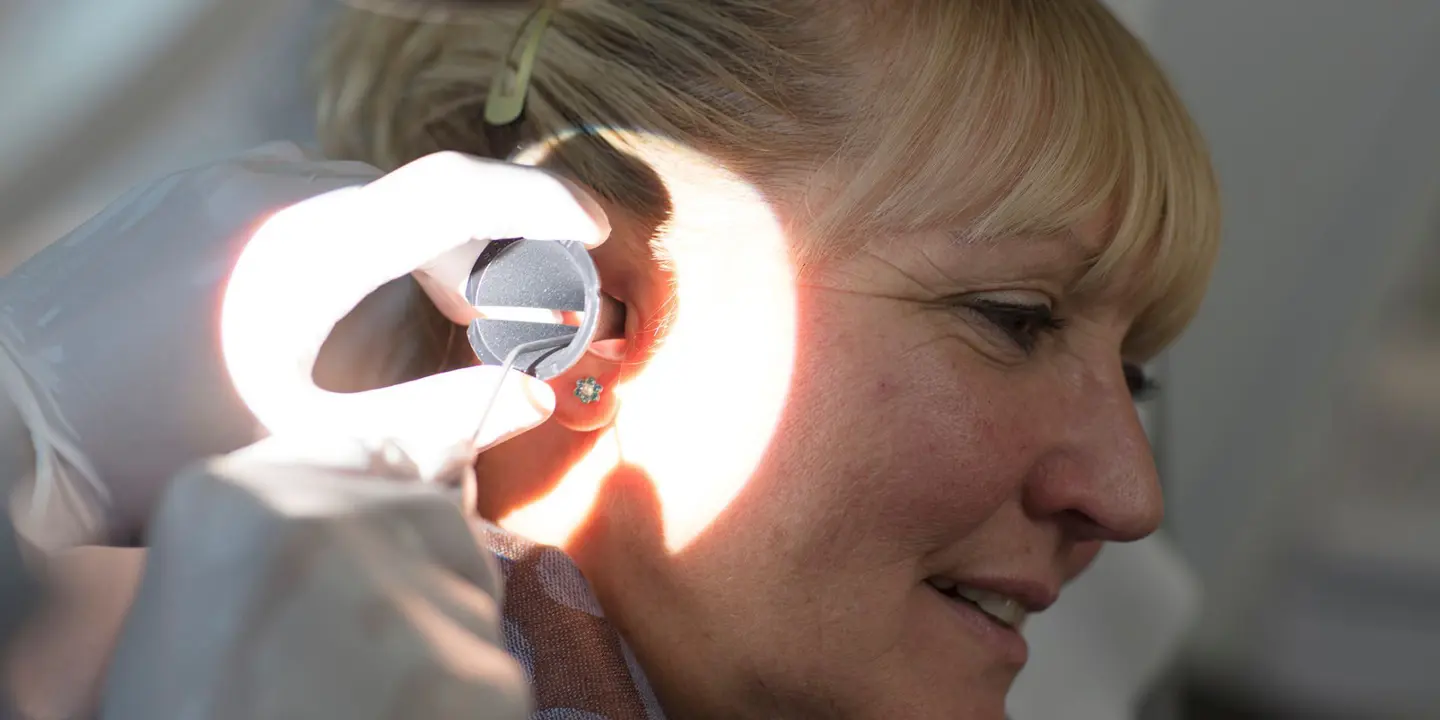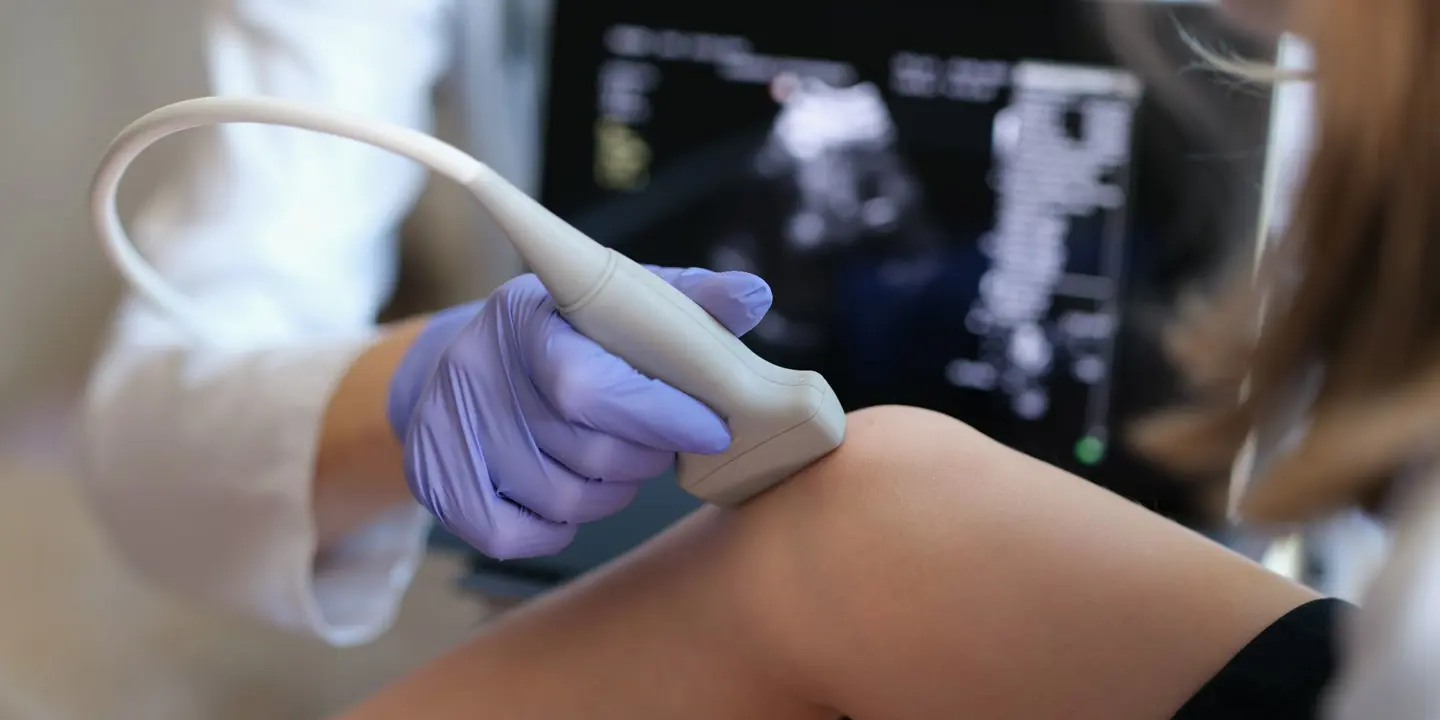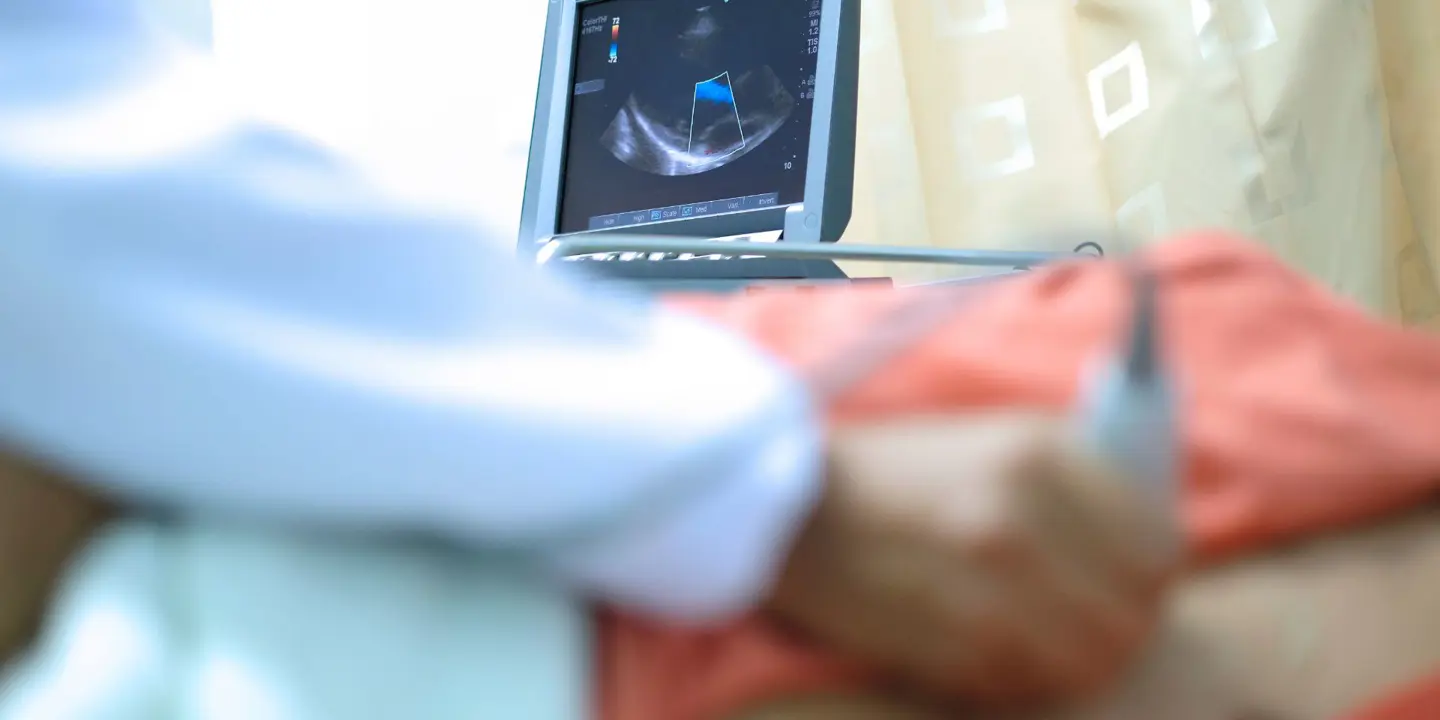One of the most important things primary school science and biology teachers teach their pupils is how the cardiovascular system works. From early on, people learn how every beat of the heart means the vital organ is effectively pumping blood throughout the body.
As the blood circulates, it pushes against the blood vessel walls and the strength of this pushing is what you may know as blood pressure. High blood pressure, though, puts a strain on your heart and arteries, which can result in cardiovascular problems down the road.
Why Does High Blood Pressure Occur?
According to Blood Pressure UK’s blood pressure chart, a person should ideally have a blood pressure below 120 over 80 (120/80) but not lower than 90 over 60 (90/60).
In your past visits to a diagnostic centre in London or elsewhere in the UK, you may have noticed your GP take your blood pressure using a device called a sphygmomanometer. If your blood pressure reaches 140 over 90 (140/90) or higher, that’s when you know you have high blood pressure or hypertension.
There are two types of this condition:
-
Primary Hypertension
This condition gradually develops over many years without any defined cause. However, people with a sedentary lifestyle are more likely to experience primary hypertension. -
Secondary Hypertension
This type of high blood pressure occurs because of an underlying health issue, especially ones that affect the kidneys, heart or endocrine system.
The following factors increase the risk of experiencing hypertension:
- Smoking
- Being overweight
- Excessive alcohol drinking
- Excessive intake of salty food
- Not getting enough exercise
- Being sleep-deprived
- Having a family history of hypertension
- Sleep apnea
- Thyroid disorders
- Kidney diseases
- Old age
The Effects of Hypertension on the Body
Hypertension is a serious condition that affects the body’s vital organs. Specifically, this condition affects the following organs:
-
The arteries can get damaged when you’re experiencing hypertension. Harmful fat which you ingest in your diet enters the bloodstream and can get stuck in the damaged arteries. This, in turn, makes the walls less elastic and results in limited blood flow through your body.
-
Damage to the arteries decreases oxygen and blood flow to the heart, which can lead to heart disease.
-
Blood clots can form in the damaged arteries leading to your brain, potentially causing a stroke.
What Can You Do to Prevent Hypertension
Hypertension is often referred to as the “silent killer.” Because the symptoms of having high blood pressure aren’t always noticeable, people sometimes cannot address the condition until it’s too late. Apart from that, hypertension is a risk factor for other illnesses, including stroke and heart disease.
With hypertension affecting one in four adults in England, try making the following lifestyle choices:
- Eat a balanced diet. Limit the intake of excessive fat and calories and eat plenty of fruits and vegetables rich in potassium instead. You must also limit your salt and alcohol intake.
- Avoid a sedentary lifestyle. The more physical activity you get, the better for your overall health.
- Monitor your blood pressure regularly. Since hypertension doesn’t always show symptoms, having your blood pressure taken regularly will tell if yours is rising so you’re better prepared to bring it down.
Even small lifestyle changes can make a big difference in preventing hypertension and all the complications that come with it.
For more accurate health assessment, visit a trusted diagnostic centre regularly. Vista Health, operating in over 40 locations in London and across the UK, provides diagnostic services, including blood pressure monitoring.
To book an appointment, contact us today.



